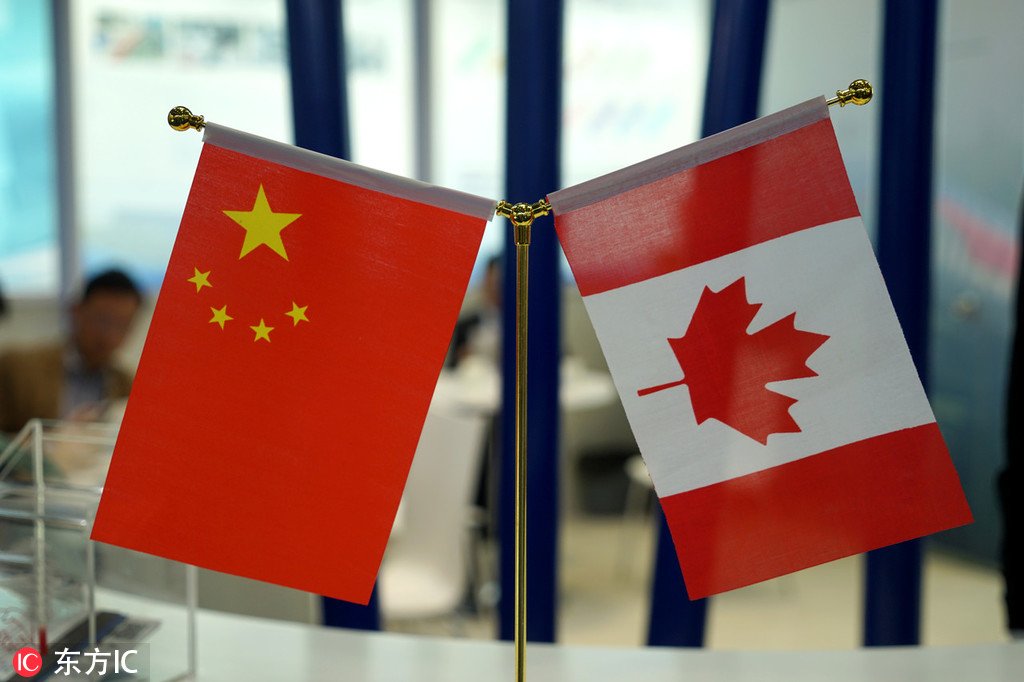Will the target growth rate be lowered or totally thrown out? Could be the first.
Base metals, commodity traders await what other decisions are made stimulus wise.
Key meeting predicted to help bolster economy
By WANG YANFEI/CHEN JIA/XIN ZHIMING | China Daily | Updated: 2018-12-18 07:30
[Photo/VCG]
China is expected to enact stronger measures, such as additional tax cuts and incentives for consumption and investment, to bolster the national economy next year, a stance that may be clarified at the annual priority-setting Central Economic Work Conference, analysts said.
The authorities have not said when the conference will be convened, but generally it is held in December.
The Political Bureau of the Communist Party of China Central Committee held a meeting on Thursday to discuss economic work for next year. During the meeting, the leadership agreed that there have been changes in the international and domestic situation, and the country will make efforts to stabilize economic growth while continuing to carry out reform and opening-up.
China faces some headwinds for growth next year, such as downward pressure from an easing real estate sector, shifting of the policy focus to quality of growth, financial regulatory tightening and fallout from China-US trade disputes, said Chen Xingdong, chief economist at BNP Paribas China.
In the long run, the country's pursuit of high-quality growth will benefit its economic development and its urbanization policy. If implemented well, it will contribute about 1 to 2 percentage points annually to GDP growth, he said.
"In the short term, growth stabilization remains the top priority," Chen told China Daily. "Next year, there will be more tax cuts, the value of which is expected to exceed that of this year," he said. Value-added taxes may be the focus of the tax cut initiative and there is room for business income taxes and tariffs to be reduced, he said.
"We expect China to launch larger-scale tax cuts, boost consumption and encourage development of high-tech sectors."
The country may continue to use fiscal resources to support growth, he said, forecasting that China's fiscal deficit to GDP ratio will not exceed 3 percent next year.
China may cut 1.5 trillion yuan ($217.4 billion) worth taxes next year, Xiao Lisheng, an economist at the Chinese Academy of Social Sciences, told Chinese media. Zhou Tianyong, a professor at the Party School of the Communist Party of China Central Committee, told the media that he suggested that from 2019 to 2021, China's tax cuts would reach 5.6 trillion yuan. He did not elaborate.
China also may make more investments in infrastructure, and keep its monetary stance at an appropriate level to stabilize the economy, said Louis Kuijs, head of Asia Economics at Oxford Economics. Policymakers are expected to take further measures that could "include possibly more reserve requirement ratio cuts (to banks' cash reserves), additional support for infrastructure and further cuts in taxes and social security contributions".
He said it is important not to jeopardize the achievements of the campaign to rein in credit growth.
Xin Zhiming contributed to this story.

